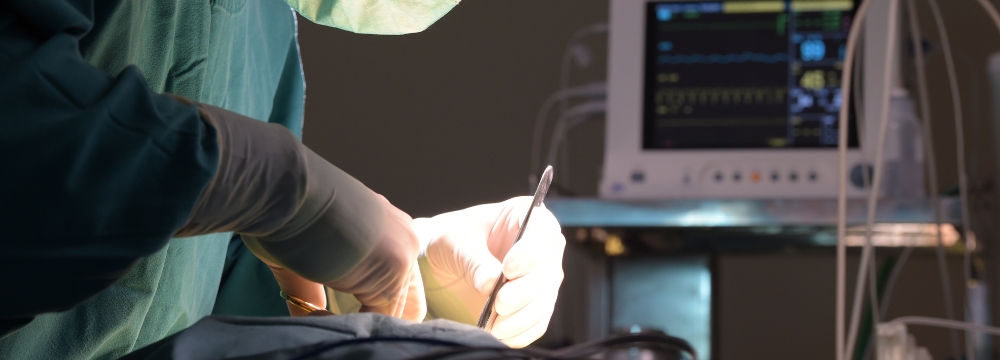Hernia
The very idea of a hernia sounds pretty painful. After all, it is a hole or defect in the strong lining of the abdomen known as the fascia. How could it not hurt? It may be interesting to know that while most patients believe the defect is painful, this is not the case. Usually, the entrapment of fat or intestinal tissue within the hernia defect causes the pain and discomfort people complain about.
But Are All Hernias Painful?
The short answer is no; not all hernias are painful, and we cannot predict whether any given patient will experience pain from their hernia. Hernias are very interesting because the size of the hernia also does not correlate to pain. Large hernias may be mildly uncomfortable, while small ones may come with significant pain. The opposite may also be true. One important thing to note is that if you are experiencing extreme pain in the abdomen, you might have what is known as an incarcerated or strangulated hernia. Incarcerated hernias involve abdominal tissue stuck within the hernia defect that no longer drops back into the abdomen. Without medical care, incarceration can turn into strangulation. A strangulated hernia is one where the trapped tissue loses blood flow and begins to die. Strangulation is a true emergency, and patients need to get to their nearest emergency room as soon as possible to avoid complications of tissue necrosis due to blood flow problems. Since incarcerated hernias can become strangulated easily and without warning, patients should also consider this an emergency and will likely have urgent surgery.
Asymptomatic Hernias
While strangulation is relatively rare, the most common scenario with hernias is no pain. Indeed, inguinal hernias affect about 25% of males over their lifetimes, though many go their entire lives without even knowing they have one. If they are found, this is often incidental during another procedure or imaging for a different condition.
Notably, asymptomatic hernias typically do not require surgery unless a factor or issue makes them dangerous or prone to strangulation. For example, femoral hernias – those that appear on the upper thigh – are likely to strangulate. Patients are, therefore, sent to surgery as a matter of course.
Typically, we recommend surgery for patients who are younger, fitter, and able to handle the stresses of surgical intervention. We also recommend surgery for people experiencing significant lifestyle impediments from the burning or pain often associated with a symptomatic hernia. Most importantly, it’s worth noting that hernia surgery has never been safer than it is today. Mesh technology and minimally invasive surgical techniques have made hernia repairs extraordinarily safe and effective. Many of the chronic pain issues that patients may have heard about in the past have been addressed, though there still is the possibility of chronic pain, which we discuss here.
The next step is to schedule a consultation with one of our surgeons here at MIIS to learn more about the treatment options for any Hernia you may be experiencing. We look forward to guiding you toward the best next step, which can be watchful waiting or surgery. Just remember that hernias are progressive conditions, and they will not resolve on their own. Eventually, surgical intervention will be required if they progress and worsen.











